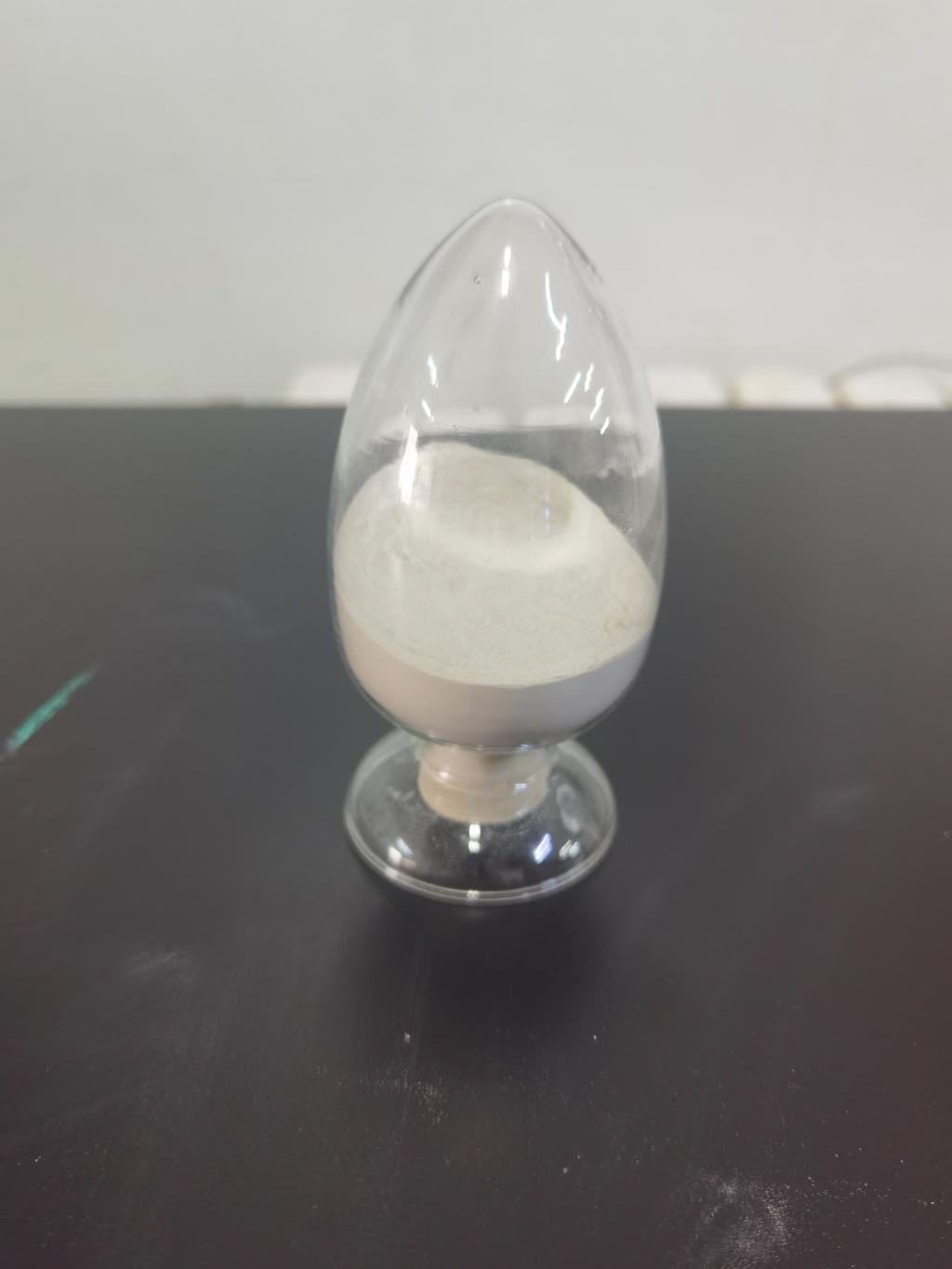Tel:+8618231198596

News
 CONTACT
CONTACT
 CONTACT
CONTACT
- Linkman:Linda Yao
- Tel: +8618231198596
- Email:linda.yao@dcpharma.cn
- Linkman:CHARLES.WANG
- Department:Overseas
- Tel: 0086 0311-85537378 0086 0311-85539701
News
Current Position:
Home >
News
>Nisin's applications in the preservation of specialty cheeses and dairy products.
Nisin's applications in the preservation of specialty cheeses and dairy products.
TIME:2024-06-12
Mechanism of Action:
Nisin exerts its antimicrobial activity by disrupting the cell membrane integrity of target bacteria. It binds to lipid II, a precursor molecule involved in cell wall biosynthesis, leading to pore formation and cell lysis. Additionally, nisin can permeabilize the cell membrane, disrupt proton motive force, and inhibit essential cellular processes, ultimately causing bacterial death. This unique mode of action makes nisin effective against a wide range of Gram-positive bacteria, including common foodborne pathogens such as Listeria monocytogenes and Staphylococcus aureus.
Applications in Specialty Cheeses:
Specialty cheeses are often produced using traditional methods that may not involve pasteurization or stringent sanitation practices, making them susceptible to microbial contamination and spoilage. Nisin can be incorporated into the cheese-making process to inhibit the growth of spoilage and pathogenic bacteria, extending the shelf life and ensuring the safety of specialty cheeses. It can be added directly to the cheese milk or applied as a surface treatment during cheese ripening and aging. Nisin's compatibility with various cheese varieties and production methods makes it a versatile antimicrobial agent for preserving specialty cheeses while preserving their unique flavors and characteristics.
Applications in Dairy Products:
Dairy products such as yogurt, sour cream, and fermented milk beverages are also susceptible to microbial spoilage, particularly during storage and distribution. Nisin can be incorporated into dairy formulations to control microbial growth and extend the shelf life of these products. It can be added during the fermentation process or as a post-fermentation treatment to inhibit the growth of spoilage bacteria and improve product stability. Nisin's effectiveness against a wide range of Gram-positive bacteria makes it a valuable tool for enhancing the preservation of dairy products while maintaining their nutritional quality and sensory attributes.
Effectiveness Against Foodborne Pathogens:
Numerous studies have demonstrated the efficacy of nisin against common foodborne pathogens commonly associated with specialty cheeses and dairy products. Listeria monocytogenes, a notorious pathogen responsible for severe foodborne illness outbreaks, is particularly susceptible to nisin due to its membrane-targeting mechanism. Similarly, Staphylococcus aureus, another common contaminant in dairy products, is effectively controlled by nisin treatment. Furthermore, nisin has been shown to inhibit the growth of other pathogenic bacteria, such as Bacillus cereus and Clostridium perfringens, contributing to the safety of specialty cheeses and dairy products.
Regulatory Considerations:
The regulatory status of nisin varies among countries, but it is generally recognized as safe (GRAS) for use in food preservation. Regulatory agencies such as the U.S. Food and Drug Administration (FDA) and the European Food Safety Authority (EFSA) have approved the use of nisin within specified limits in various cheese and dairy product categories. Manufacturers must adhere to regulatory guidelines regarding the maximum permitted levels of nisin and labeling requirements to ensure compliance and consumer safety.
Future Perspectives:
The use of nisin in the preservation of specialty cheeses and dairy products holds significant promise for enhancing food safety and quality while preserving the unique characteristics of these products. Continued research efforts are needed to optimize nisin formulations, improve delivery methods, and expand its application to a broader range of cheese and dairy product varieties. Additionally, studies exploring the synergistic effects of nisin with other antimicrobial agents and processing technologies could further enhance its efficacy in controlling microbial growth and extending the shelf life of specialty cheeses and dairy products.
Conclusion:
Nisin offers effective preservation solutions for specialty cheeses and dairy products, providing a natural and sustainable means of controlling microbial spoilage while maintaining product quality and safety. Its unique mechanism of action, compatibility with various cheese and dairy product formulations, and regulatory approval make it a valuable tool for producers seeking to enhance the preservation and shelf stability of their products. By leveraging the antimicrobial properties of nisin, cheese and dairy product manufacturers can meet consumer demands for safe, flavorful, and culturally significant food options while ensuring the long-term viability of their businesses.
- Tel:+8618231198596
- Whatsapp:18231198596
- Chat With Skype







